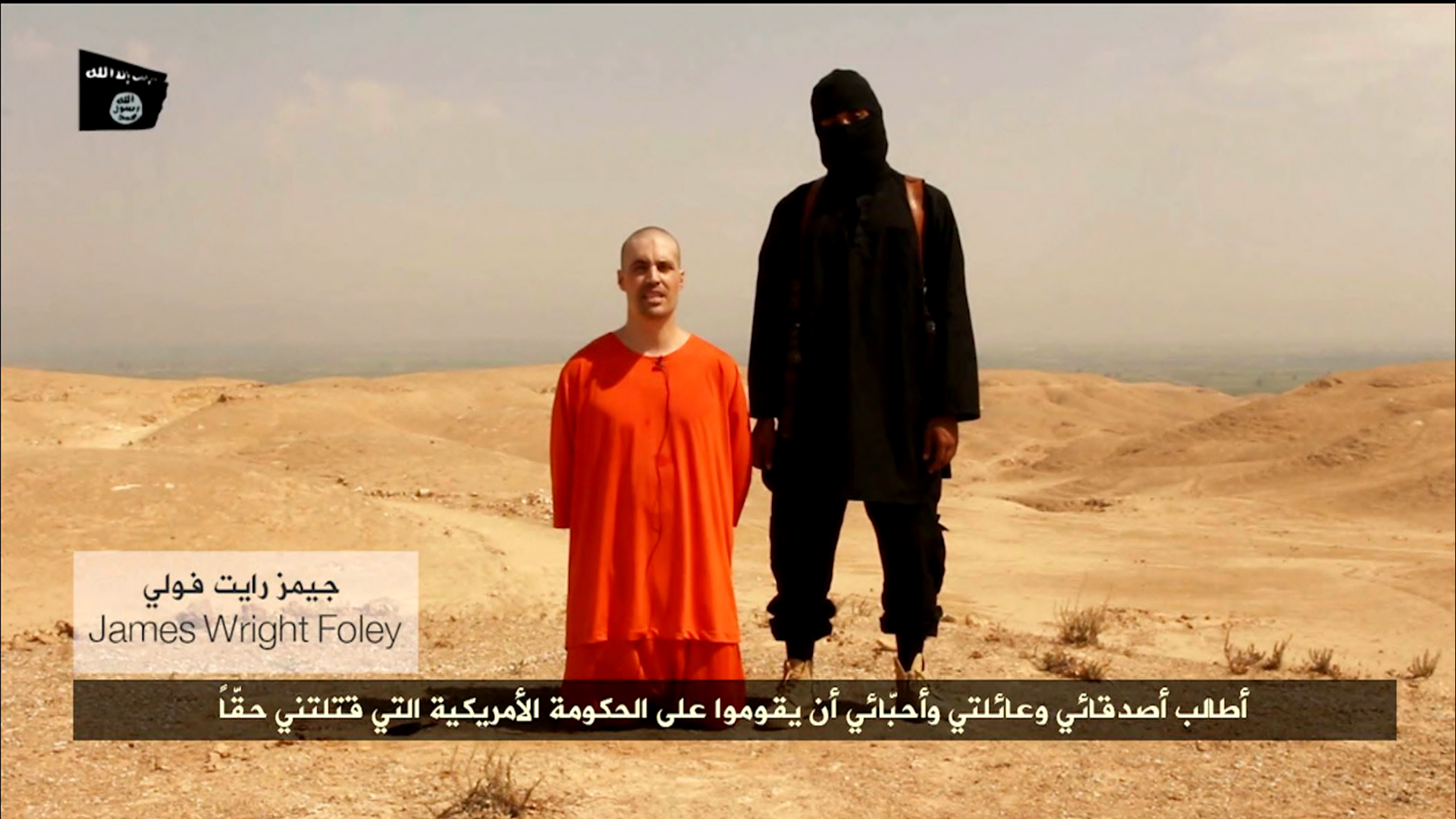First World Militants, Unite!
The Militant group ISIS has been gaining steady traction and momentum in their armed conflicts against the governments of Syria and Iraq. In recent months, the topic of ISIS that once seemed to possess a clear-cut American public sentiment, has slowly warped into an issue with an unexpected twist. According to the most recent estimate recorded in August, approximately 100 combatants are United States citizens, a number that is likely to have grown since. The question is: why would an American citizen go to the Middle East to fight for a terrorist group? In order to answer this, examining past behaivors can shed light on the current situation.
This isn’t the first time Americans have tried to join militant groups in other countries. In recent years, American citizens have joined al-Qaeda and al-Qaeda affiliated groups such as al-Shabaab as well as groups like the Irish Republican Army, or IRA. It is not new for American citizens to join armed conflict, whether it be a U.S. backed opposition force or an armed force that is anti United States; this has always been an issue of national security. But with more and more terrorist activity correlated with certain religions, specifically Islam in this case, Americans joining ISIS has raised eyebrows.
Who is joining?
With most of the “War on Terror” campaign aimed at radical Islamists, some Americans that practice Islam are choosing "going to fight in the name of Allah" instead of their home country. One example is Douglas McCain, a native of Minnesota who to the disbelief of family and friends, decided to fight for ISIS and died in Syria. He was described by his uncle, who said “ [he was] a good person, loved his family, loved his mother.” A second example, Mohammed Hamzah Khan, was a Chicago teen who made national headlines last week as he left several letters telling family members that he was ready to fight and supply ISIS as well. Khan ended up getting arrested at O’hare International Airport in Illinois, and is now in prison awaiting trial. A third example is a Floridian named Moner Mohammed Abusalha who became the first American to commit suicide for ISIS in Syria. In his videos, he says “You think you are safe where you are in America…You are not safe.” It is troubling that Americans would want to join ISIS, and rather inexplicable as to why they would want to do so, but over the past few months, a few notable people have offered their opinion and attempts at an explanation.
Why is this happening?
According to Arie Kruglanski, a University of Maryland psychologist and terrorist expert, individuals that have been joining ISIS have a “need for cognitive closure." Cognitive closure means that everything in the world has only two outcomes, or in other words there is no middle ground. Furthermore, cognitive closure “leads to an overwhelming desire for certainty, order, and structure in one's life to relieve the sensation of gnawing—often existential—doubt and uncertainty.” This is especially problematic for Kruglanski because he believes it is a lack of cognitive closure that has caused many of the individuals joining ISIS to go to extremes for their religion and immerse themselves in radicalism and extremism.
Whether a lack of cognitive closure is indeed the main reason for individuals in the U.S. joining ISIS remains to be seen, but figuring out why U.S. citizens are joining ISIS is only part of the issue we are currently facing. While McCain, Khan, and Abusalha may no longer be threats, there is large uncertainty about what to do within the U.S. as a result of increased numbers of U.S. citizens wanting to join the terrorist group. According to Tim Bishop, a U.S. Congressman from New York, approximately forty of the estimated one hundred U.S. citizens to join ISIS abroad have returned. All of these individuals are under FBI surveillance, but it still disconcerting to know that there is a growing presence of ISIS members or allies within the borders of our country. It is clear that these individuals need to be watched closely--not only to protect U.S. citizens from terrorism and violence, but also to prevent individuals who are weak and vulnerable from being preyed upon and convinced of radical ideologies. This of course shifts our attention back to the cognitive closure argument made by Arie Kruglanski, and raises concern that more individuals that lack a sense of cognitive closure will become easy recruits for these ISIS-affiliated individuals within the U.S.
What can we do?
Unfortunately, in practice it is very difficult to monitor people who want to join ISIS. According to the FBI, “It is extremely difficult for the FBI to identify individuals in the U.S. who have this kind of goal…It requires a loved one or really close friend to note the changes . . . The family has to intervene.” With the FBI having difficulty finding everyone who is joining ISIS, one must ask: Can the U.S. fully protect its citizens from an attack? It is a complex question, and one that has no easy answer. The terrorist attacks of 9/11 caused a considerable increase in surveillance and security within the U.S. but also strain between citizens and the Federal Government. Many citizens feel that the increased surveillance and security has crossed the line and become an infringement of privacy rights. This is just another issue that the Federal Government must deal with, and prompts the debate of privacy versus security. Either the U.S. fertilizes the soil, or resurfaces the land. No matter what, it’s going to be long and difficult.
[yop_poll id="28"]
